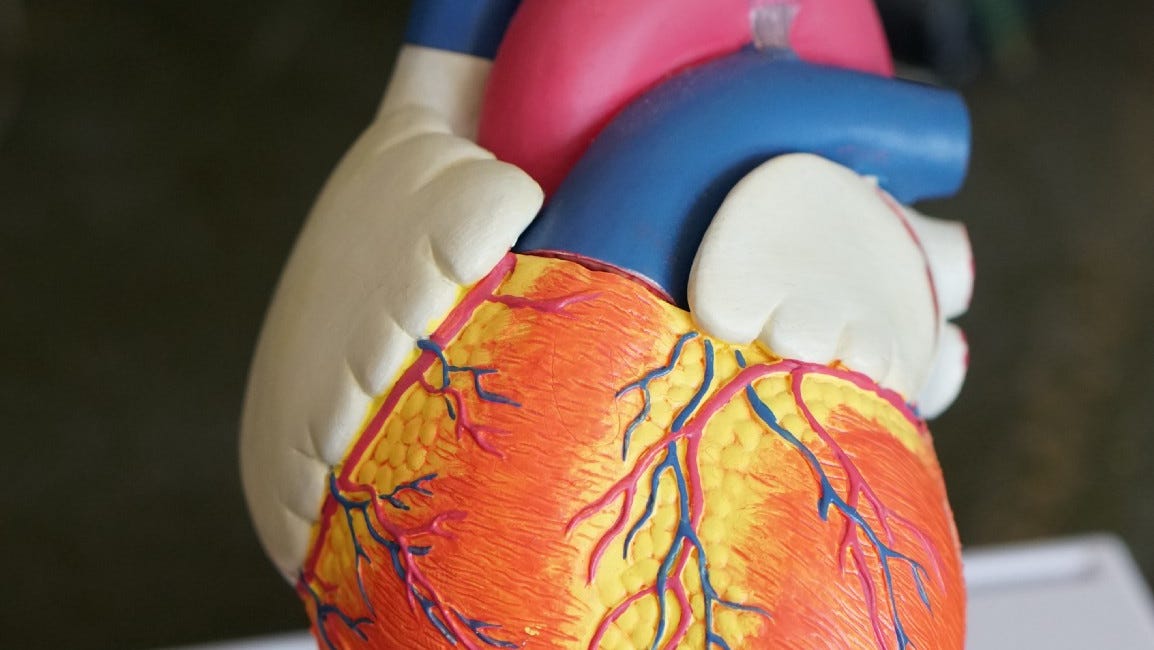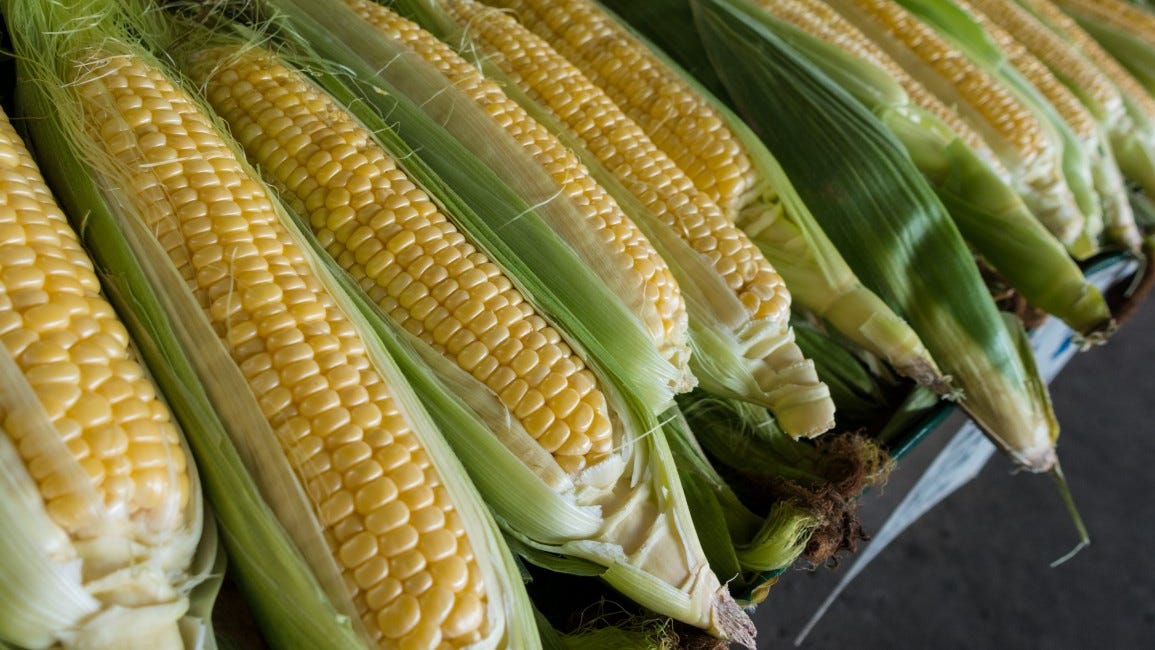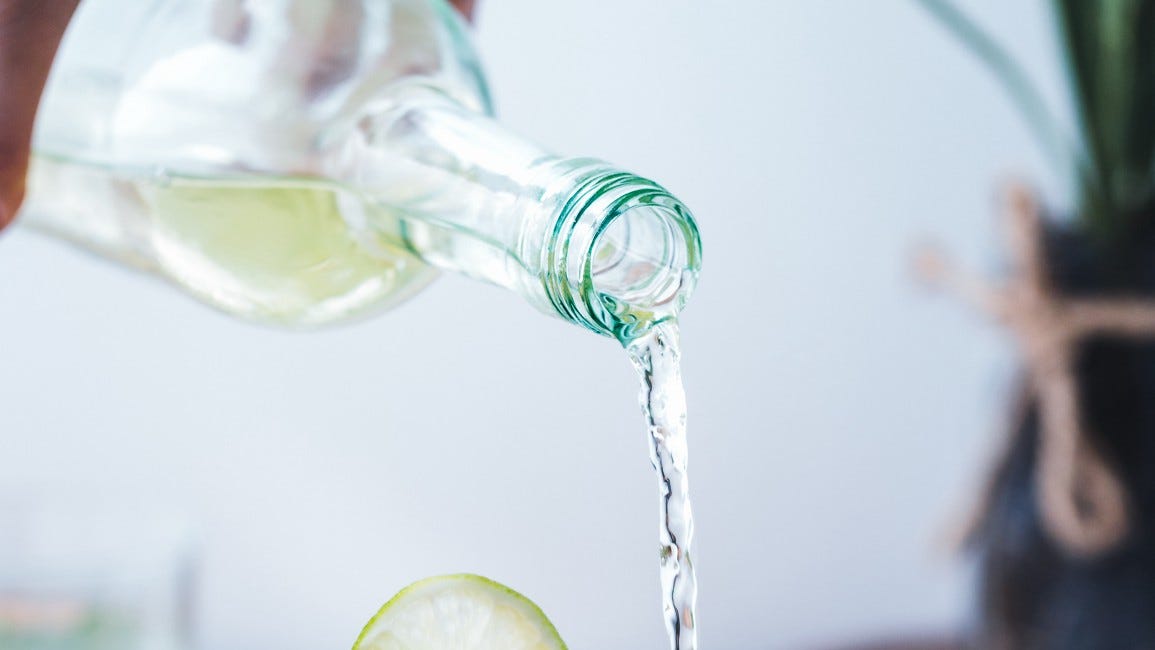Why Hydrogenated Vegetable Oil Isn't Good News For Our Health.
What does it mean to us when a product contains hydrogenated vegetable oils?
We’ve had butter around for so long. Some say it was discovered in 8000 BC in ancient Africa, when a sheepskin container of milk was jostled around in land travel, resulting in the development of a curdled mixture that became known as butter. Indian cuisine makes extensive use of a clarified butter known as ghee, which is yet another form of animal-based fat.
Of course, the “problem” that some people say exists with butter is that it consists of saturated fat, and the overconsumption of saturated fat is arguably related to cholesterol and heart disease issues.
(To be honest, I don’t think it really is. Link to heart disease article below with a more detailed insight into the mechanisms behind heart disease:)
Now, Seriously, What's So Tricky About Cholesterol?
This article is the final part of a 3 part miniseries. The first 2 parts can be found at: Medical science has been talking about cholesterol and its links to heart disease for years. People who are at risk of heart failure are invariably prescribed medicines such as
But when the prevailing narrative problem statement is that saturated animal fats can cause heart disease, then it does make sense to develop a “solution” that relies on unsaturated vegetable oils, isn’t it?
Why would unsaturated vegetable oils be marketed, though?
It’s a political matter that is linked to the heavy subsidies of crops such as corn and soybeans — and of course, corn and soybeans are significant providers of vegetable oil. We can see gallons and gallons of them in the supermarkets any time.
Understanding The Politics Of Corn Farming And Its Impact On Human Health.
Corn is a ubiquitous crop that is described to be a “lucrative and heavily-subsidized” crop. One can see large swathes of farmland containing corn crops as they drive through the sparsely populated rural areas of the Midwestern USA, which I saw as I traversed the I-57 between Chicago and Champaign, IL.
They’re subsidised, they’re cheap, and there’s a whole ton of feedstock for producing all that corn oil and soybean oil that we see in the supermarkets today. And I’m not even listing the other plant based oils that we can find in those supermarkets.
To get rid of all that stock, can we market it such that an unsaturated vegetable oil is “healthier” than saturated animal fat? It’s already been done. It still is the prevailing opinion among many people today.
The problem is that unsaturated fats are just too darned unstable. Polyunsaturated fats contain multiple carbon-carbon double bonds (C=C), all of which are particularly susceptible to oxidation by atmospheric oxygen.
Hence they can go rancid very easily. They undergo an oxidation process known as lipid peroxidation, which creates more toxic by-products such as aldehydes. We’ve seen what too many aldehydes in our body can do, as it is in the case of alcohol overconsumption:
How The Metabolism Of Alcohol Causes More Harm Than Good
We love to unwind on weekends with a nice cocktail at a bar somewhere. There’s always some reason to be drinking, whether it be because we want to celebrate, or if we want to drown our sorrows, or if we want to relax. But whether we’re partying or trying to drown our sorrows —
To protect them from oxidation and turn them into a more solidified mass, as it is in the case of margarine, an option to hydrogenate those C=C double bonds is available, which we can do by reacting it with hydrogen in the presence of a palladium, platinum or nickel catalyst.
Hence we can come up with margarine products that contain partially hydrogenated vegetable oils.
And people are directed by the prevailing narratives to think that it’s “healthier” than butter because it’s not saturated animal fat.
The problem with the hydrogenation process is that it has to occur at high temperature and pressure. Now, if the reaction environment were not carefully controlled to eliminate all traces of atmospheric oxygen, that high temperature can easily cause oxygen to react with the C=C double bonds to form the lipid peroxides that can be toxic and carcinogenic to the human body.
And that’s the real danger of consuming processed foods that contain all the partially hydrogenated vegetable oils out there!
Do feel free to share this article and hit the “subscribe” button to get more updates about the science concepts in nutrition and health, all deconstructed nicely for your convenient perusal!








And what do you think of Cultured Oil, an edible fat produced using microbes in a vat by a US company, Zero Acres Farms? It appears to be a useful culinary oil but as we all know, the devil is in the details. https://www.zeroacre.com/
Their website offers lots of information about “linoleic acid” which I don’t understand well. Is that also known as ALA?